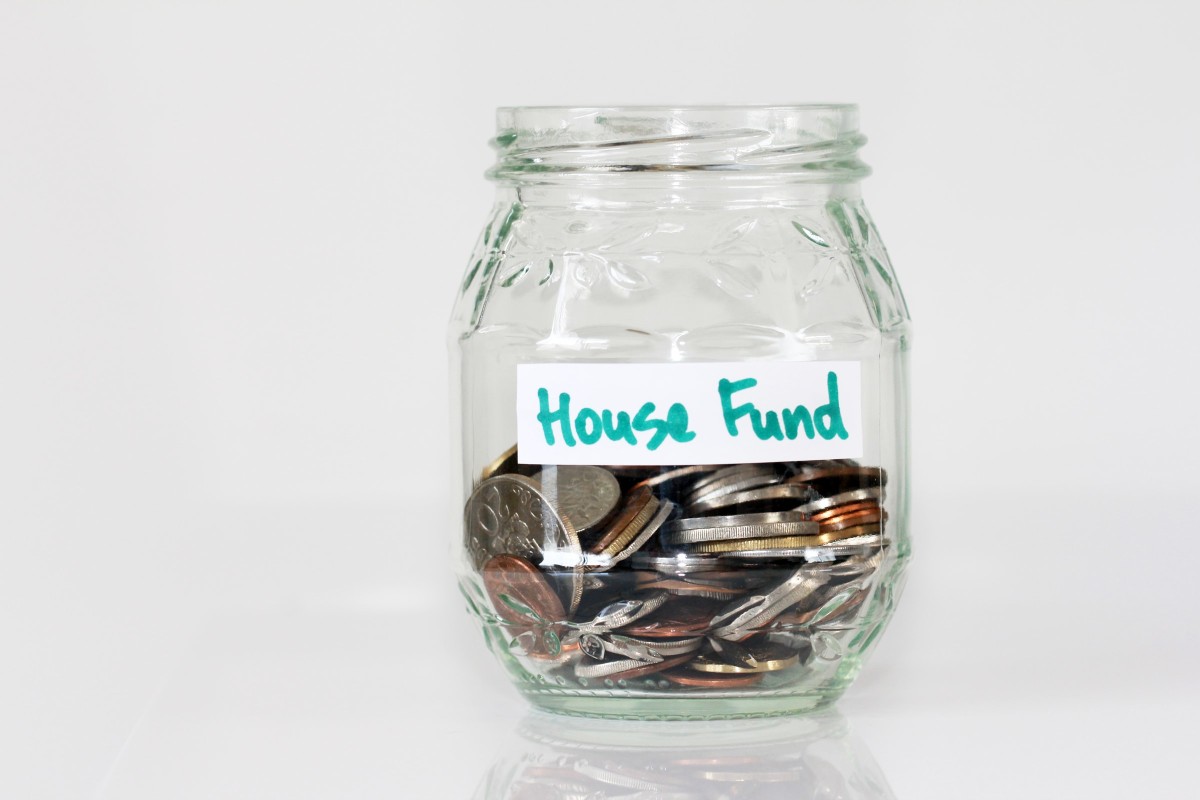
Selling property in Italy can be a lucrative venture, but it’s essential to understand the full cost involved to avoid surprises. Whether you’re selling a quaint apartment in Rome, a countryside villa in Tuscany, or a coastal home along the Amalfi Coast, 2025 brings a mix of taxes and fees that sellers must factor into their plans. This guide breaks down the key costs you’ll encounter when selling property in Italy in 2025.
Costs and expenses when selling property in Italy
Selling an Italian property can be a tricky process, especially if you don't have the right advice. Whilst selling a house in Italy is easier than buying one, it's still important to look out for certain aspects, such as taxes, fees and expenses.
Real estate agent fees
Most sellers engage real estate agents to handle the sale, especially in popular markets like Milan, Rome, and Florence.
- Italian law does not set a fixed commission percentage.
- The standard real estate agent fee ranges from 2% to 5% of the sale price per party (buyer and seller).
- Ensure the fee structure is clear in your contract with the agent to avoid misunderstandings.
Notary fees in Italy
A notary (notaio) is required by Italian law to formalise the property sale. The notary ensures the transaction is legally valid and registers it with the local land registry.
- Notary fees typically range between 1% and 2.5% of the property sale price.
- The buyer usually pays these fees, but depending on negotiations, sellers may share some costs.
Legal fees in Italy
When selling property in Italy, especially if you’re not familiar with the local process or don’t speak Italian, it’s wise to seek legal advice. Many expats hire a property lawyer to navigate the complex legal requirements, review contracts, and ensure a smooth sale. Legal fees usually range from 1% to 2% of the sale price or a fixed fee depending on the case. Although an extra cost, hiring a lawyer can help avoid legal issues and protect your interests throughout the transaction.
Tax on selling property in Italy
When selling property in Italy, understanding the tax implications is essential. Various taxes, including capital gains tax and registration fees, may apply depending on the property type, ownership duration, and your residency status. Being informed helps you plan your sale and avoid unexpected costs.
Capital Gains Tax (Plusvalenza)
One of the most significant taxes sellers face is the Capital Gains Tax (Imposta sulle Plusvalenze). This tax applies if you sell your property for more than you paid for it. However, there are important exemptions:
- Primary Residence Exemption: If the property has been your main home for most of the period you owned it, you are generally exempt from capital gains tax.
- Ownership Period: If you have owned the property for more than five years, you usually do not have to pay capital gains tax on the sale.
If none of these exemptions apply, the capital gains tax rate in 2025 is typically 26% on the profit made from the sale.
Registration tax and VAT
When selling a property in Italy, the registration tax generally falls on the buyer, but it’s important to understand how this affects your sale:
- Private Sales: If you sell a property privately (without a real estate developer involved), the buyer pays registration tax, but this can affect the market price.
- New Properties: For newly built homes sold by developers, VAT applies instead of registration tax. The VAT rates are generally 10% for residential properties and 22% for luxury homes.
As a seller, these taxes won’t be your direct expense but can influence negotiations and final sale prices.
Non-resident taxation
Keep in mind that foreign, non-resident sellers are subject to the same capital gains tax rules as residents, but they may not benefit from exemptions like the prima casa (primary residence) unless they meet certain conditions. Clarifying your residency status with a tax advisor is crucial.
Other possible expenses
When selling property in Italy, you will also need to factor the following into your budget:
- Energy Performance Certificate (APE): Required before selling, costing between €100 and €300.
- Property Valuation: Some sellers opt for a professional valuation to set a realistic price, costing from €200 to €600.
- Mortgage Cancellation Fees: If your property has an existing mortgage, you will need to pay fees to cancel it once the property is sold. The amount varies by lender but can range from €500 to €2,000.
For more information, check out our guide to selling property in Italy
